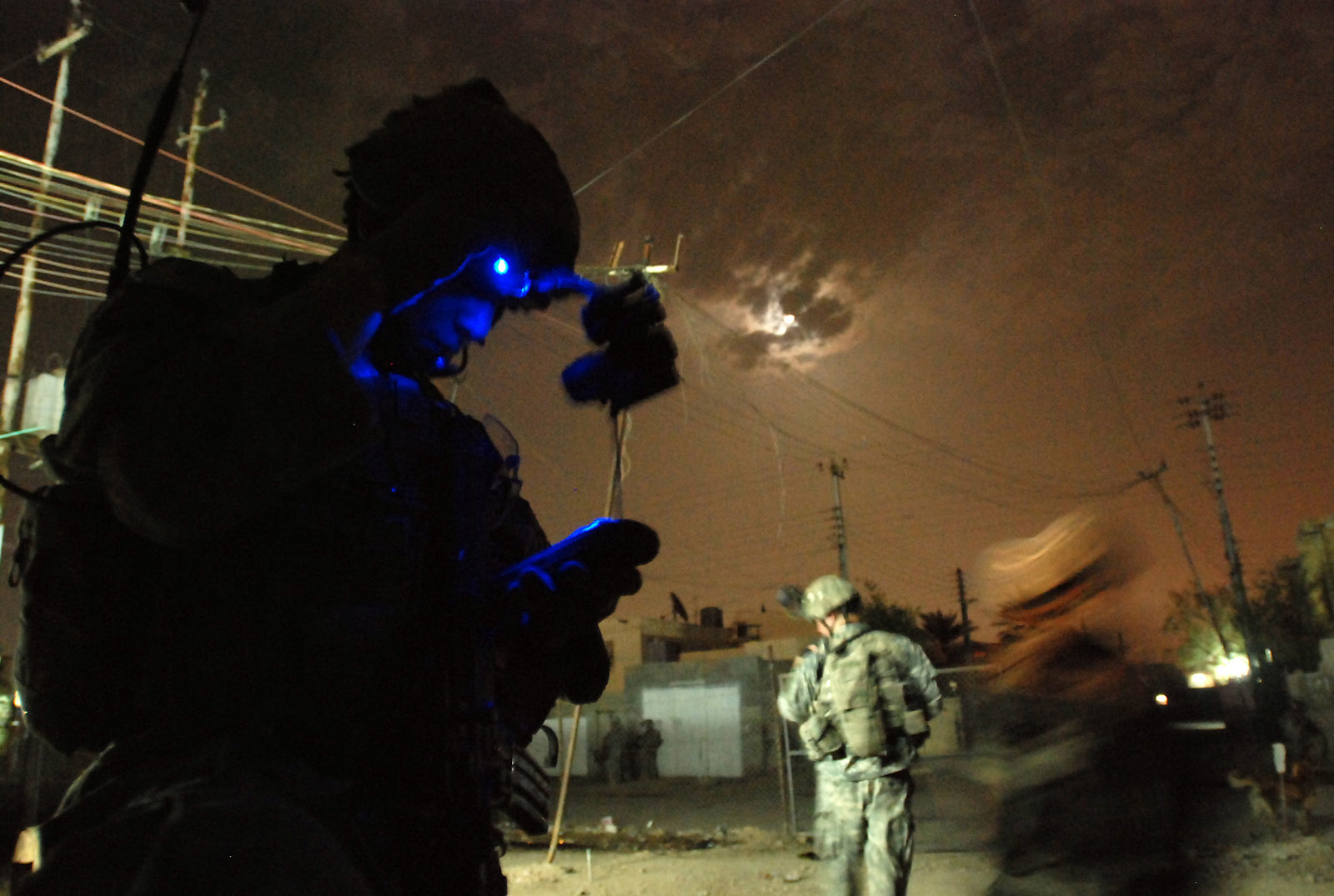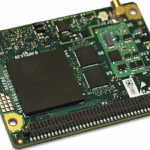The Space and Missile Systems Center’s (SMC) Production Corps gained Operational Acceptance of GPS Military-Code (M-Code) Early Use (MCEU) in November, and the first sale of M-code equipment to a U.S. ally abroad was made in September.
Successful testing events for M-code operational acceptance were completed at the Master Control Station at Schriever Air Force Base, Colorado and Alternate Master Control Stations at Vandenberg Air Force Base, California. This followed successful integrated developmental and operational testing of the GPS Operational Control Segment (OCS) upgrade. Operating in a trial period since June 2020, the MCEU upgrade allows the OCS Architecture Evolution Plan to task, upload and monitor M-Code within the GPS constellation, as well as support testing and fielding of modernized user equipment. With M-Code now declared operational, upcoming Military GPS User Equipment (MGUE) will be able to request early use of the M-Code signal-in-space to provide more secure position, navigation and timing (PNT) to warfighters.
“MCEU ushers in a new era of GPS support that will provide operators across the warfighting domain with assured PNT access while further preventing unauthorized use by our adversaries. This is a critical step in remaining the gold standard of PNT systems and promoting a peaceful, secure, stable, and accessible space domain,” said Lt. Jordan Malara, 2nd Space Operations Squadron GPS Warfighter Collaboration Cell assistant flight commander.
Ground Control
MCEU, produced by Lockheed Martin, serves as a gap filler for M-Code operations prior to the entire GPS constellation’s operational transition to the Next Generation Operational Control System (OCX) Block 1, currently in development. MCEU also includes a new software defined receiver installed globally at all six Space Force Monitoring Sites. The M-Code Monitor Station Technology Improvement and Capability (M-MSTIC) uses commercial, off-the-shelf hardware to cost effectively receive and process M-Code signals, enabling OCS operators to successfully monitor the M-Code signals.
First M-Code Order from Allies
Earlier this year, the SMC’s Space Production Corps received its first Military Code (M-Code) capable Military GPS User Equipment (MGUE) order from Germany. SMC is facilitating international access and availability of M-Code user equipment as directed by the Secretary of the Air Force and the Office of the Secretary of Defense to 58 authorized nations. Germany is expected to receive delivery of its first M-Code receiver in 2021.
Additional foreign military sales of MGUE are being worked. Currently, SMC is engaged with several nations in bi-lateral M-Code prototyping, demonstration, and lead platform planning efforts. Under a multilateral agreement, MGUE ground-based receivers are on schedule to be loaned to approved partners for early integration and test in national weapons systems.
M-Code will improve interoperability with U.S. defense partners’ equipment and operations while increasing navigation warfare effectiveness for allied operations.
[Image: Sgt. Robert Brogdon, of Erie, Penn., a squad leader with B Co, 2nd Battalion, 325th Airborne Infantry Regiment, 2nd BCT, 82nd Airborne Division, checks his position on a GPS while conducting a nighttime foot patrol in Sha’ab, Baghdad (U.S. Army photo by Sgt. Mike Pryor, 2nd BCT, 82nd Abn. Div. Public Affairs) ]






